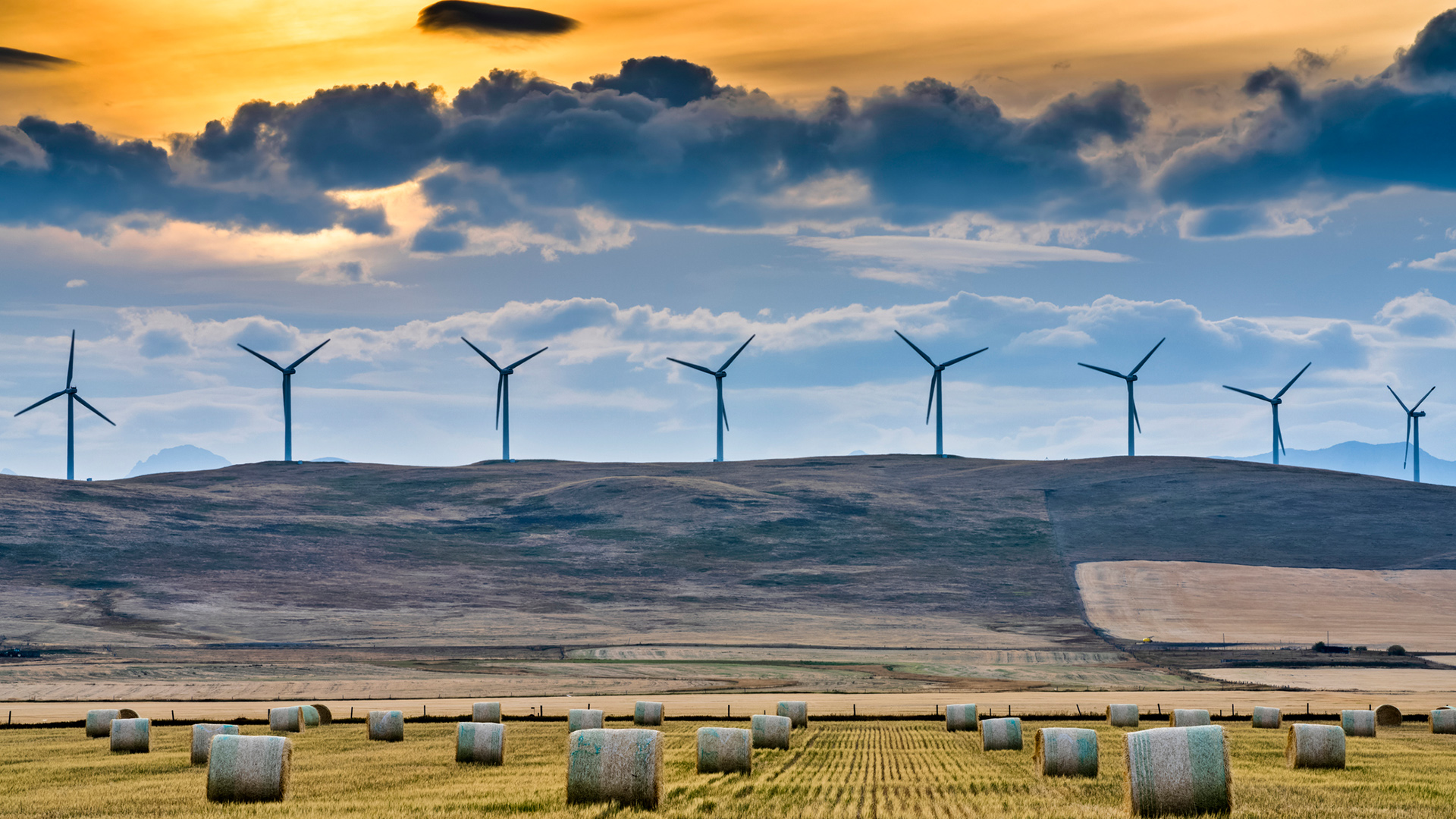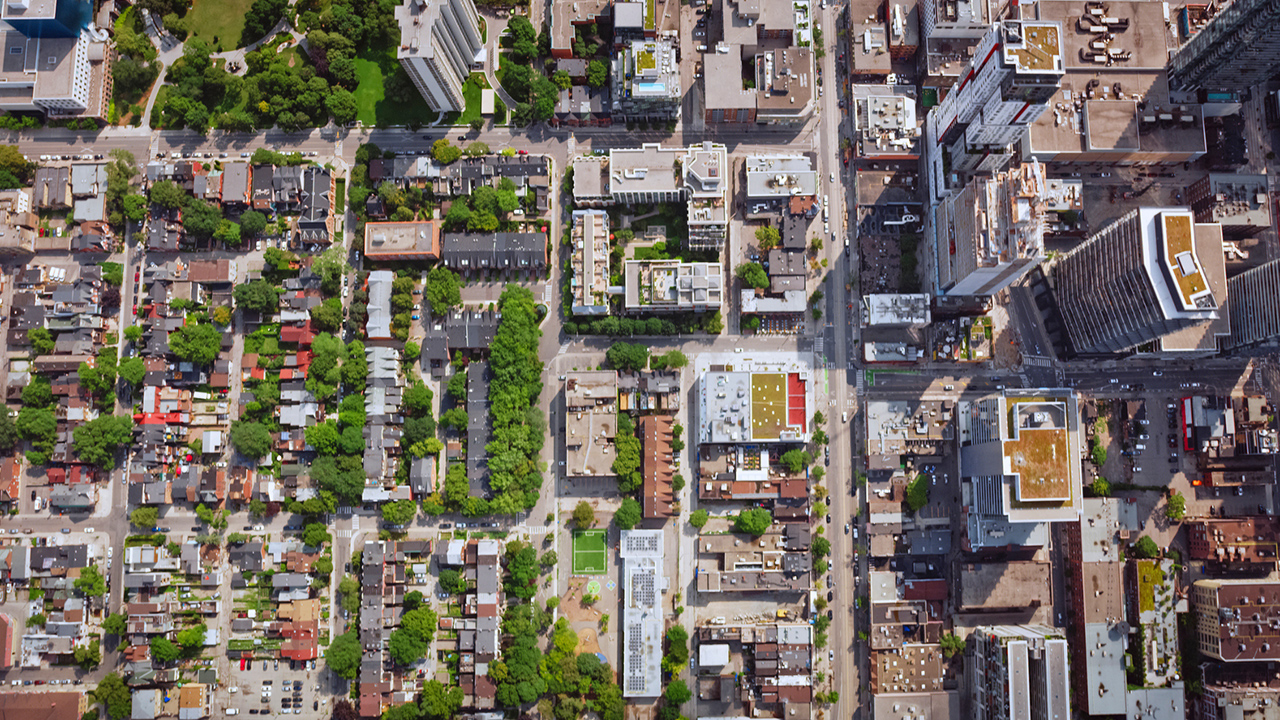Beyond the COVID-19 Crisis
Canada’s New Normal?
ARTICLE
BY TONY COULSON
The World Health Organization recently announced that COVID-19 no longer qualifies as a global emergency, while also stating that even though the emergency phase is over, the pandemic hasn’t come to an end.
Here in Canada, public health officials continue to remind us that the threat from COVID-19 isn’t past. But many of the rules and habits that defined earlier stages of the pandemic are gone. Large numbers of Canadians are attending live events, back at work, going maskless in public places and establishing their own “new normal.”
Despite all this, many effects of this extraordinary period remain: social and psychological aftermath of many kinds; lingering economic symptoms; new norms around consumption (such as curbside pickup and qr-code menus).
This report, based on analysis of Environics social values surveys, explores the current state of Canadians’ values and attitudes, paying particular attention to what this unique psychographic framework can tell us about the effects of covid-19 on Canadians’ outlooks and behaviours.
Our report details these seven pandemic-era social trends:
-
- A malaise grounded in feelings of inefficacy and weakened social connections and exacerbated by diminished optimism about technology and civic engagement.
- This malaise has also spilled over into the workplace for some, driving diminished engagement with work and a weakened sense of professional fulfillment.
- An increase in financial stress across the population, with potential longer-term implications for the generation coming of age now.
- We also see an increase in ecological fatalism: the feeling that the world’s environmental problems cannot be solved.
- On the bright side, the pandemic appears to have led to increased feelings of duty; this is evidenced by the fact that most Canadians were accepting of public health measures, motivated by concern for their own wellbeing and that of their families and communities.
- For many, the pandemic contributed to a sense of home as sanctuary – an increased sense of home as an important site of self and of personal, family and social experiences.
- Consumption has also changed in interesting ways, with Canadians placing increased emphasis on experiences and time with people rather than the accumulation of stuff. We find a corresponding sense that ostentation is distasteful, even offensive, in view of the pandemic and its aftermath.
Varying Severity
Like the virus itself, the social and economic effects of the pandemic were more severe for some than for others. While Canadians on the whole weathered the pandemic fairly well, experiences varied widely – with some experiencing much more stress and hardship than others – and the recoveries of households and businesses are similarly varied. In social values, we see notable differences in Canadians’ life outlook, sense of purpose, time stress and other dimensions late in the pandemic. These differences are, in turn, affecting consumer confidence and spending; relationships to others; self-care practices; health; and work-life balance. On the whole, women and Canadians with lower incomes have been more negatively and lastingly affected.
Building Back Better
In order for Canada to emerge from the pandemic as a strong and prosperous country, it will be critical not to leave groups behind. Canada’s “new normal” should be one that enables as many people as possible to participate and recover. Policy-makers, brands, employers and others need to understand differences in Canadians’ pandemic experiences in order to support a smooth transition into the final stages – and eventual conclusion (however gradual) – of this period in our collective life.
Find out how our Public Affairs team can help your organization
Related insights



Toronto
366 Adelaide Street West
Suite 101, Toronto, ON
Canada M5V 1R9
416 920 9010
Ottawa
135 Laurier Ave W.
Ottawa, ON
Canada K1P 5J2
613 230 5089
Calgary
421 7th Ave SW
Suite 3000, Calgary, AB
Canada T2P 4K9
403 613 5735
